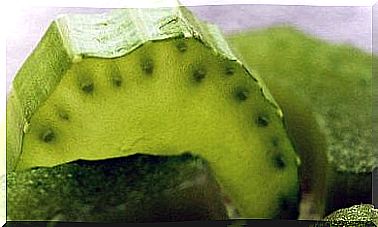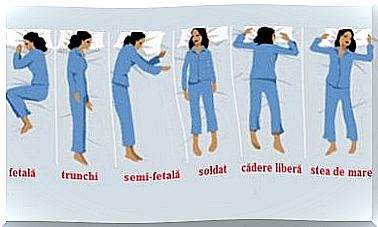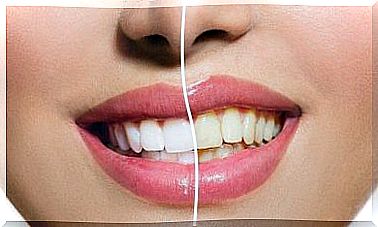Psoriasis In Children: How To Deal With It
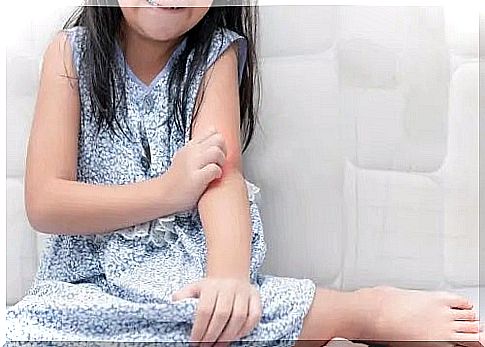
Psoriasis is a disease that affects both men and women. It usually affects 2 to 3% of the population. However, psoriasis in children is quite rare. In this article, we will try to explain how psoriasis manifests itself in children and treatment options and prevention of the disease.
What is psoriasis?
Psoriasis is an autoimmune inflammatory disease of the skin. It is characterized by the appearance of scaly skin and redness. Although not contagious, psoriasis can be hereditary and chronic.
Usually, a healthy body produces normal skin cells every three to four weeks. Psoriasis causes these cells to reproduce much faster, every 15 days. This means that dead cells accumulate in the form of plaques on the surface of the skin.
Psoriasis can affect any part of the body. However, it usually occurs on the elbows, hands, abdomen or back.
In addition, psoriasis is a very common condition. Although it usually occurs after adolescence, it can occur at any age, which is why psoriasis is also found in children.
Triggers
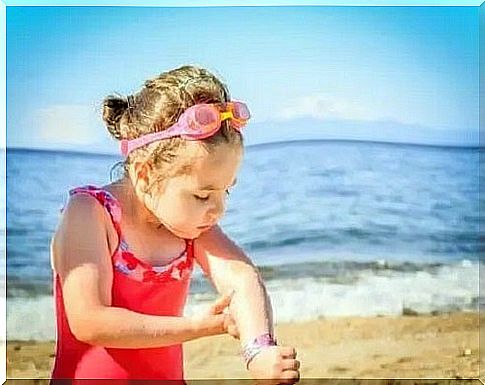
Clinical manifestations of psoriasis in children
Treatment of psoriasis in children
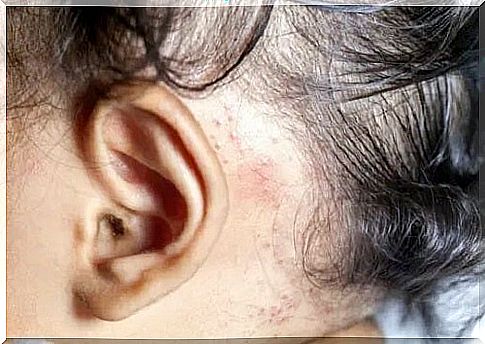
First of all, you need to see a doctor. Only a pediatrician will be able to diagnose psoriasis in children. It will indicate an appropriate treatment. In general, your doctor may recommend therapy with moisturizers or other topical treatments (such as salicylic acid).
In any case, psoriasis can suddenly manifest in plaques and affect a child’s self-esteem, especially if the disease is spread throughout the body. Therefore, it is very important to help the child overcome and accept the problem and to support him psychologically. You need to help increase your child’s self-esteem.
In addition, it is necessary to explain to your child that the treatment is beneficial and that the lesions and discomfort may disappear, even if his condition is chronic.
